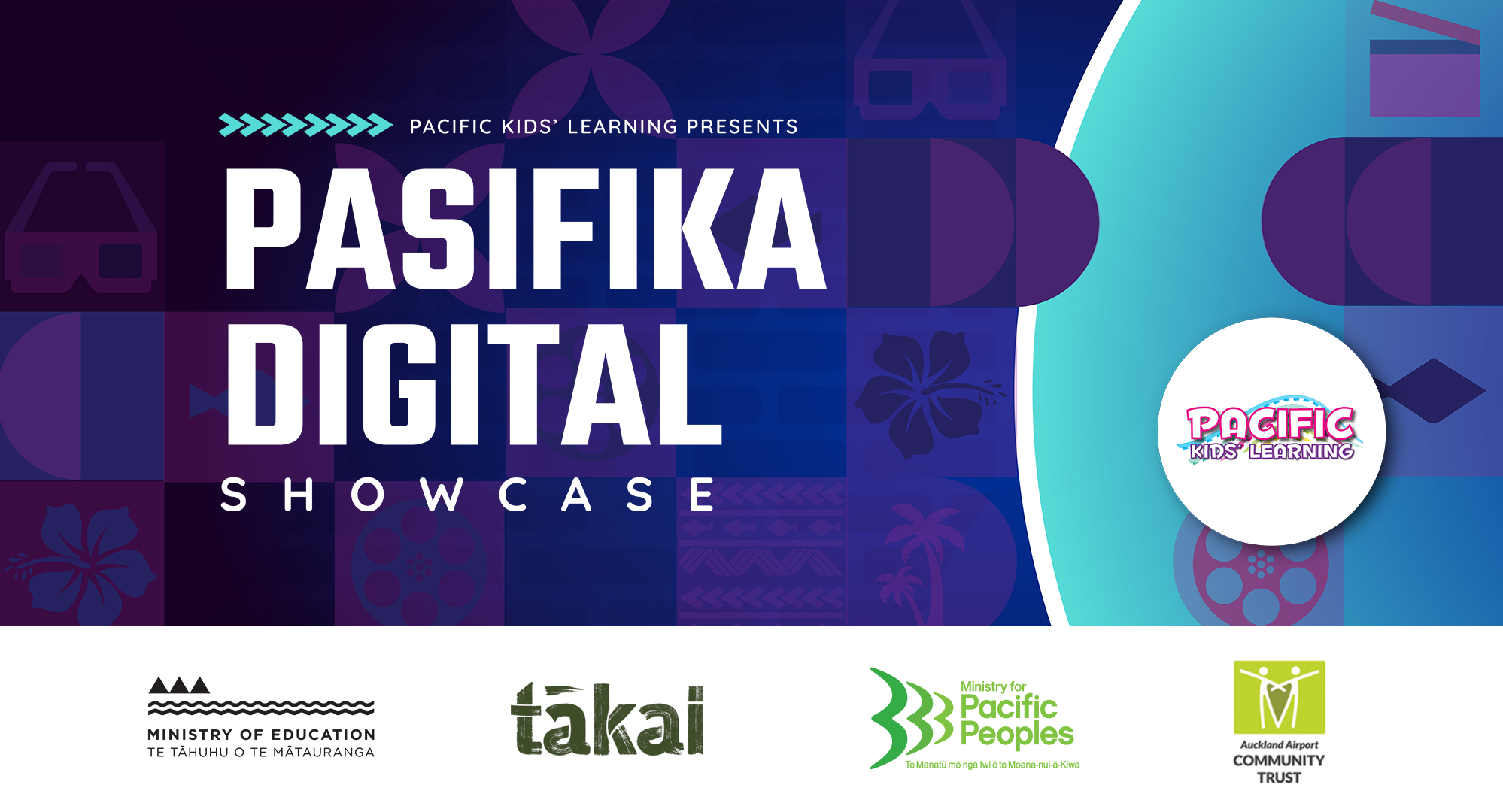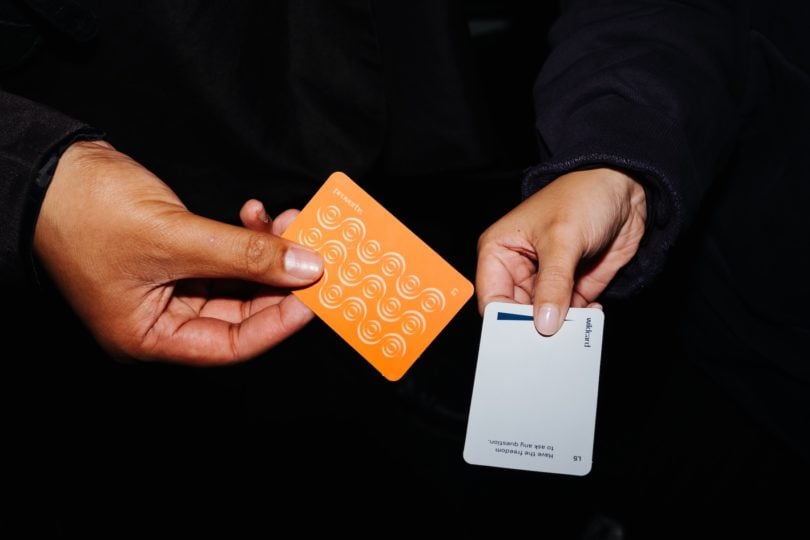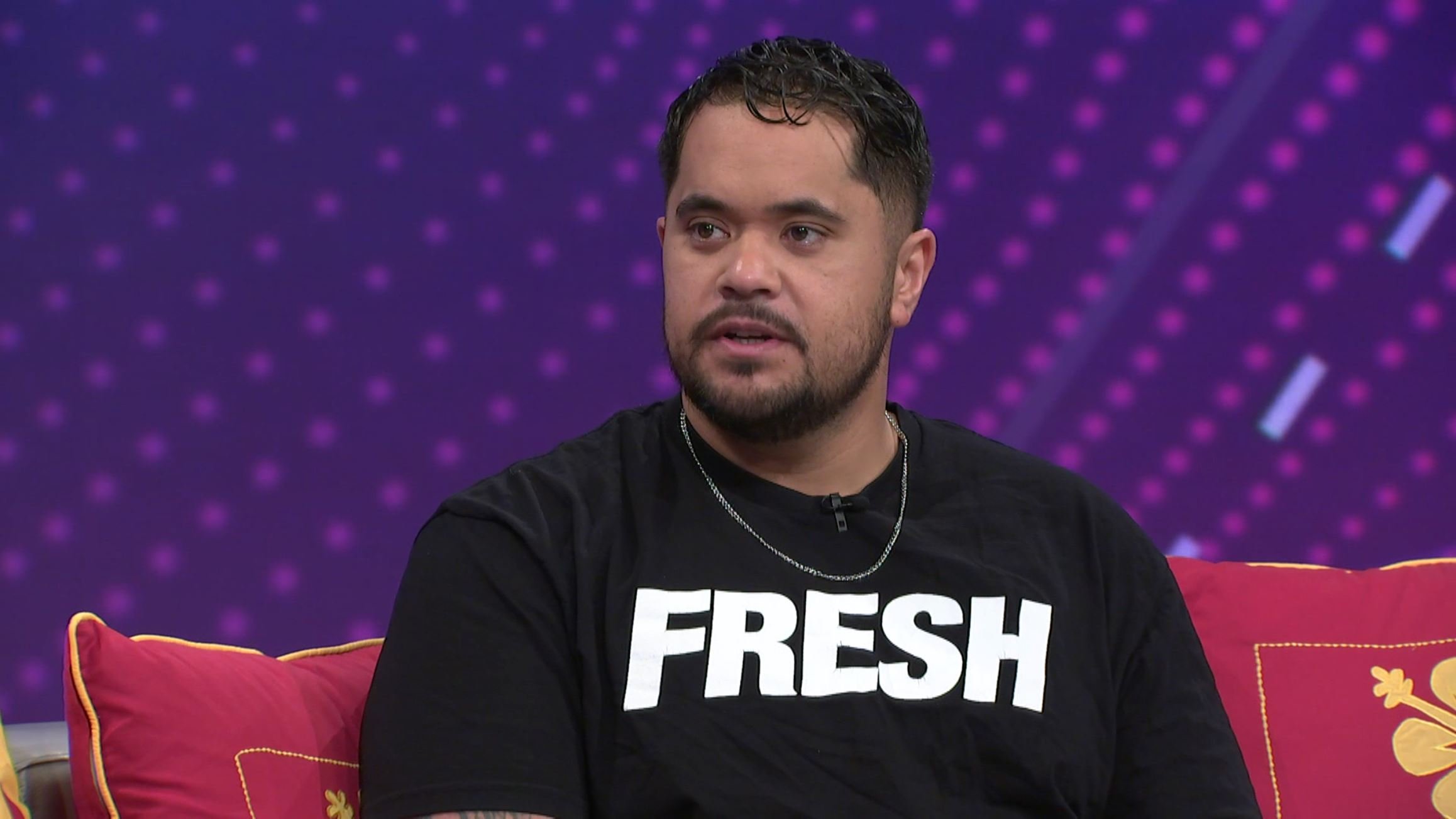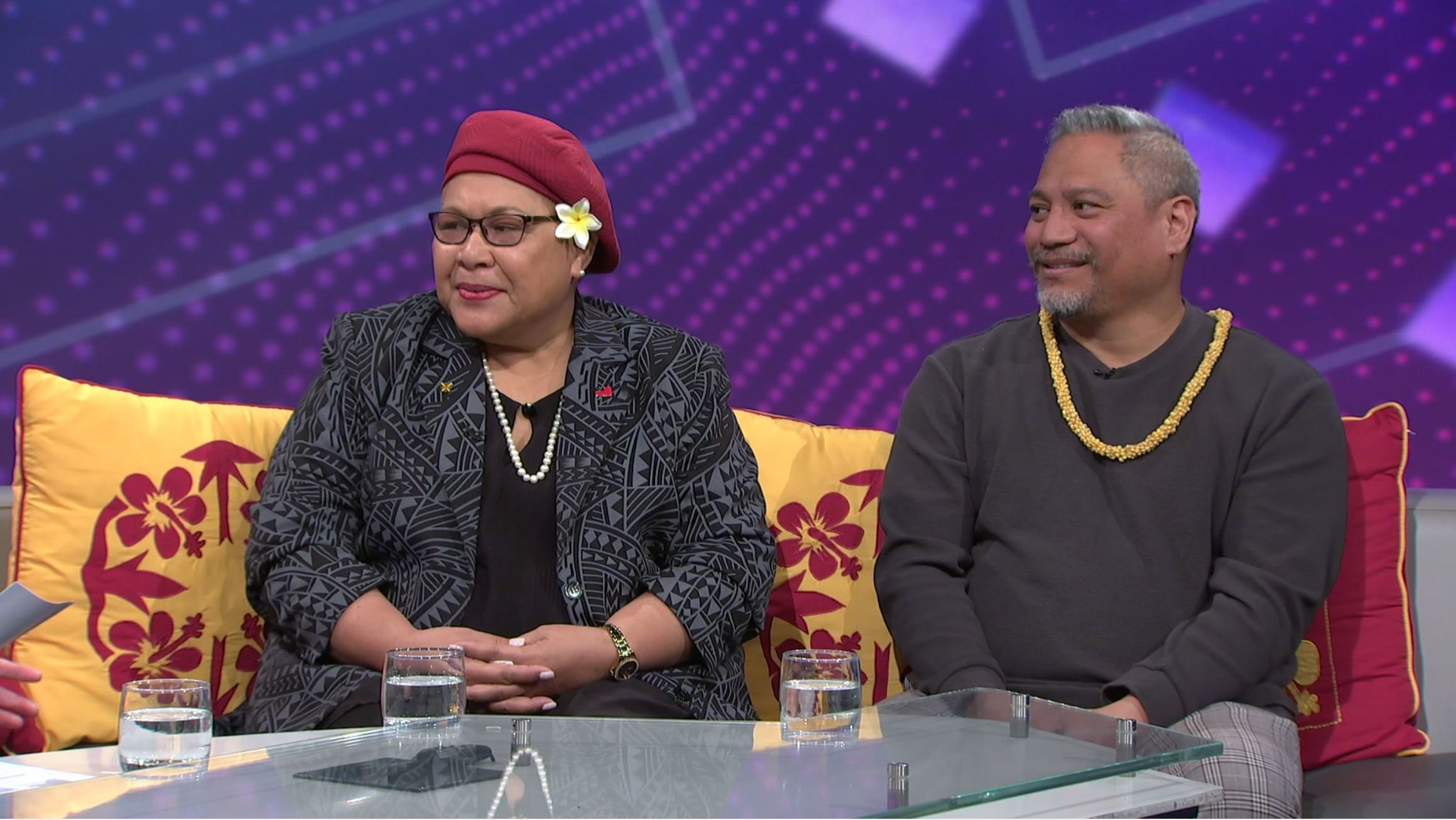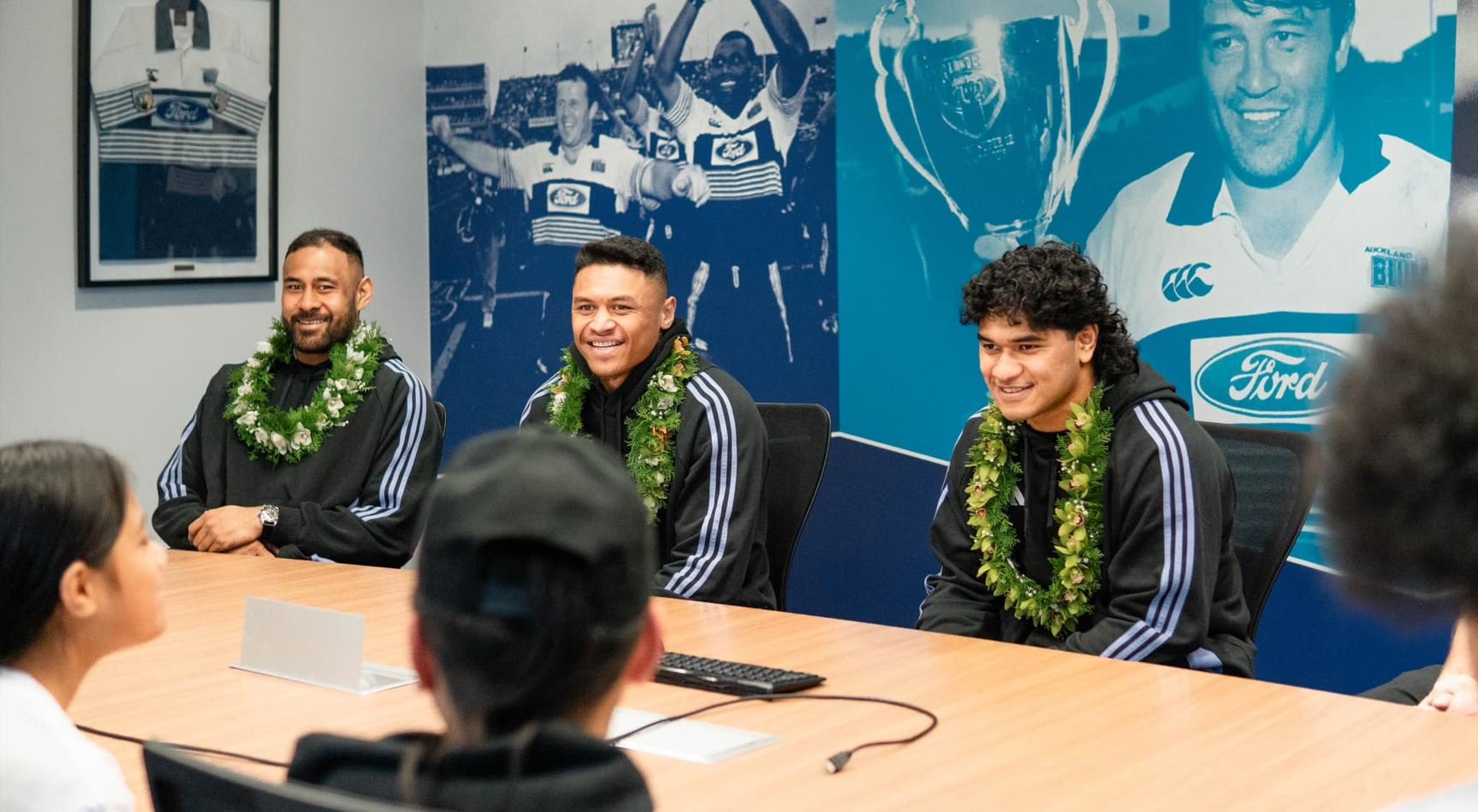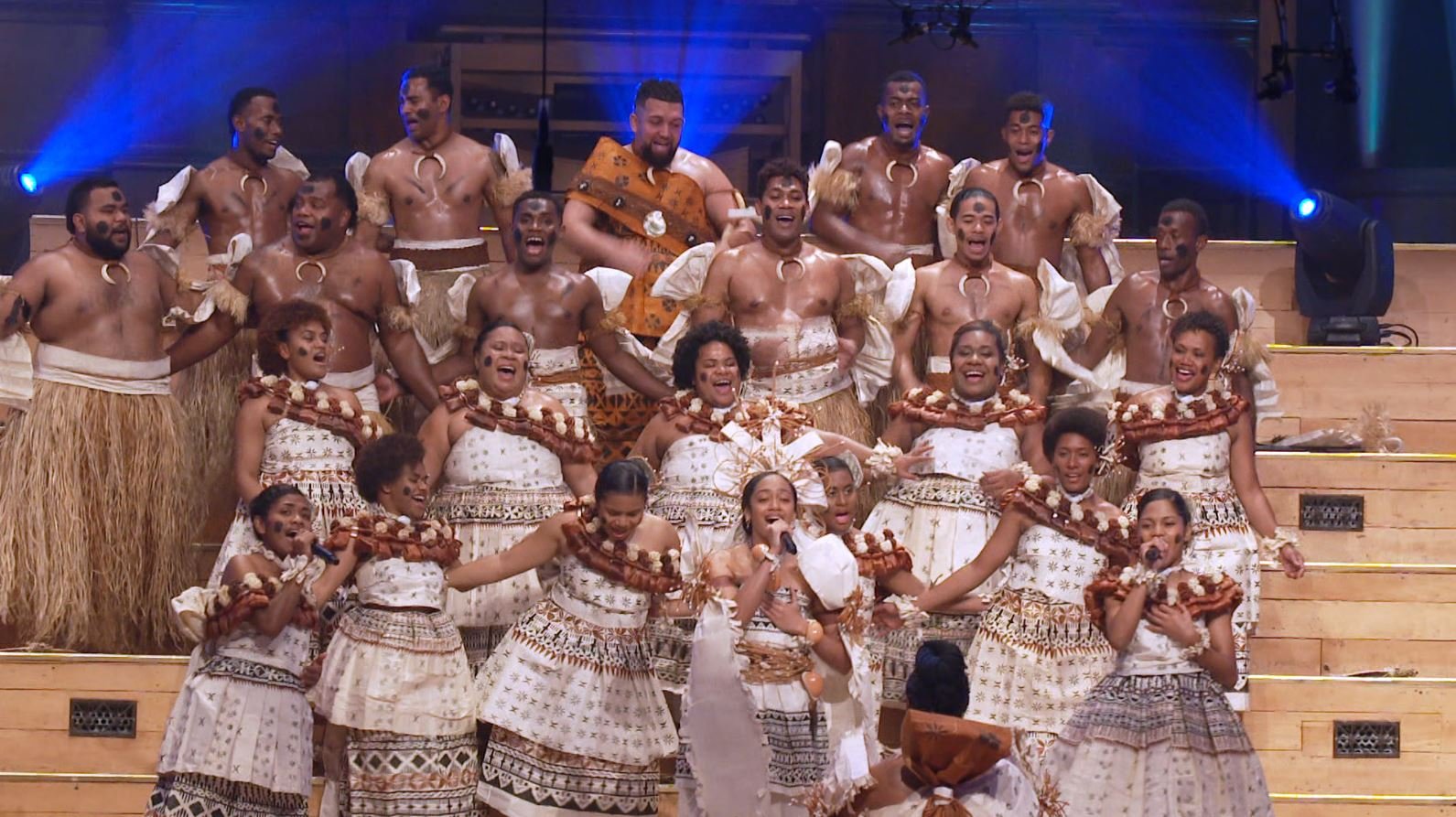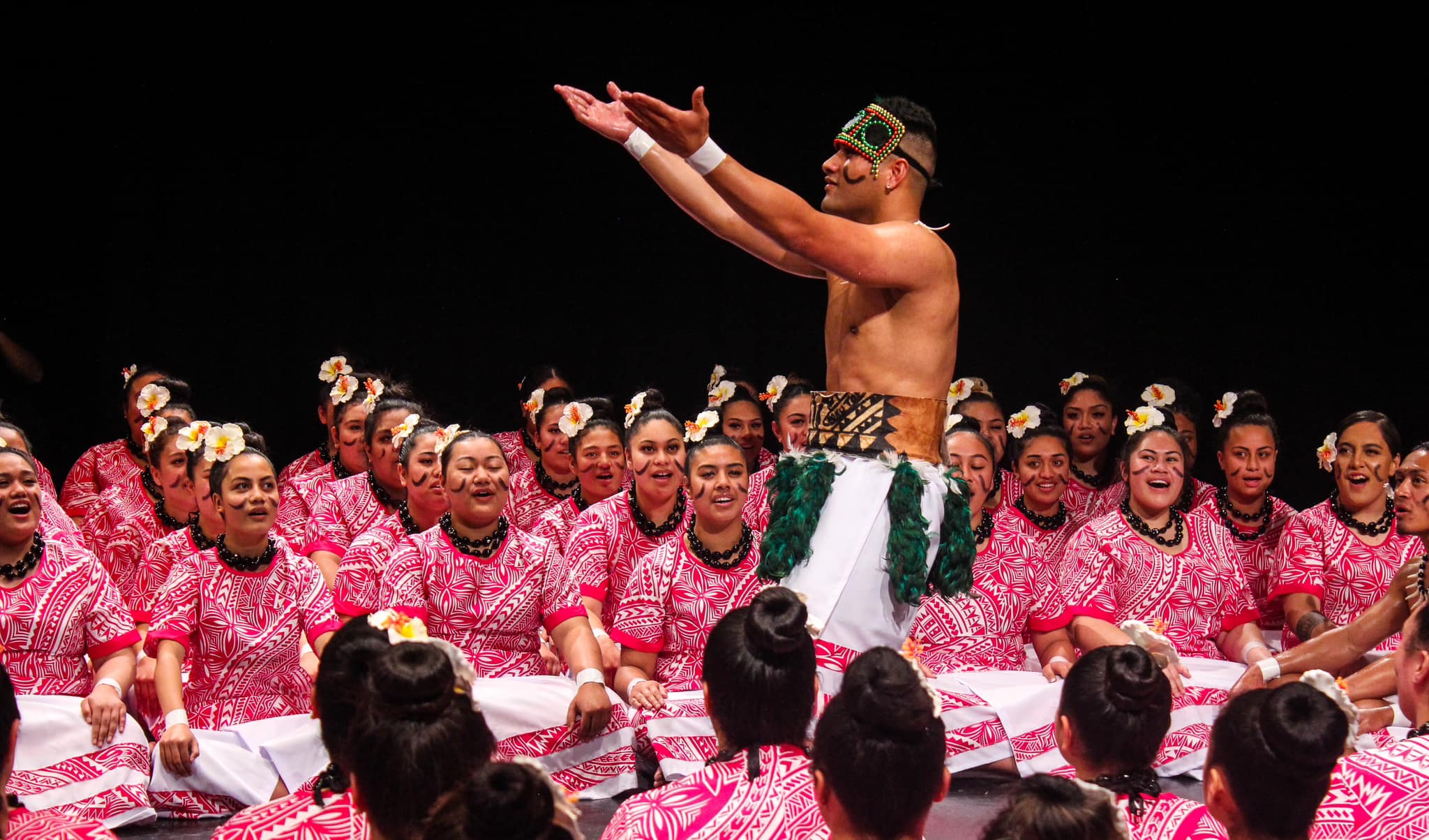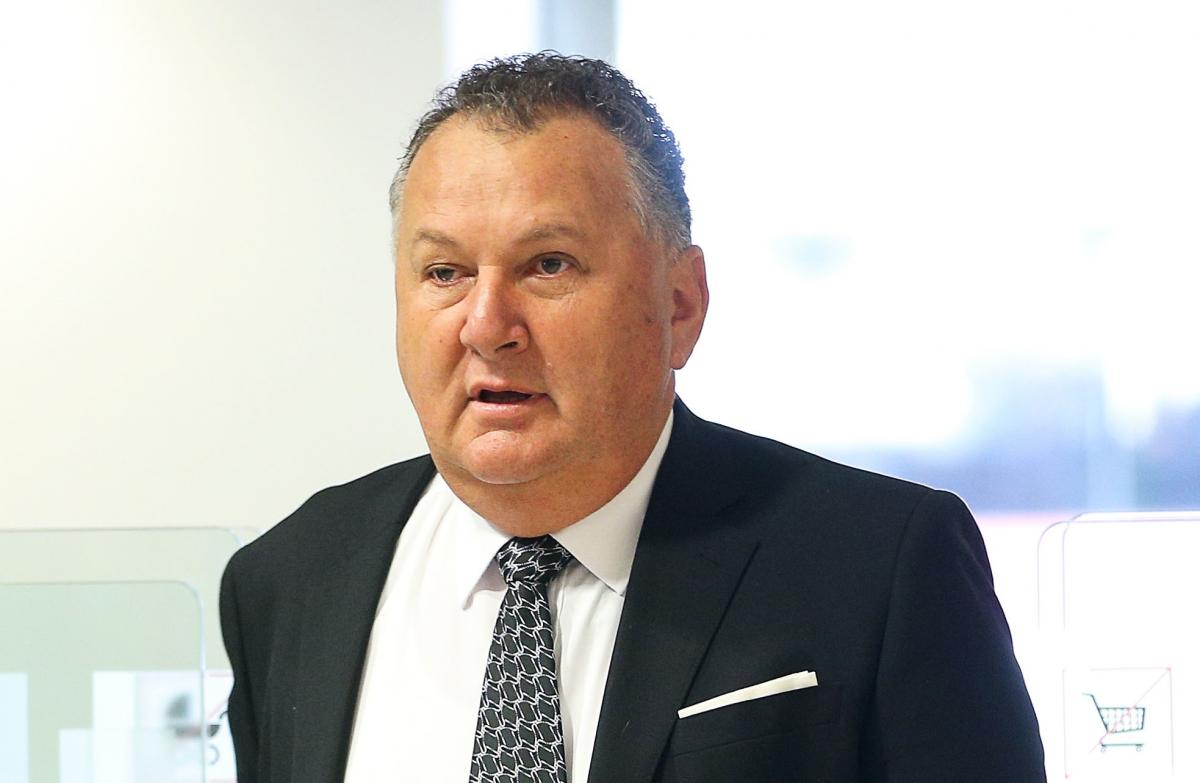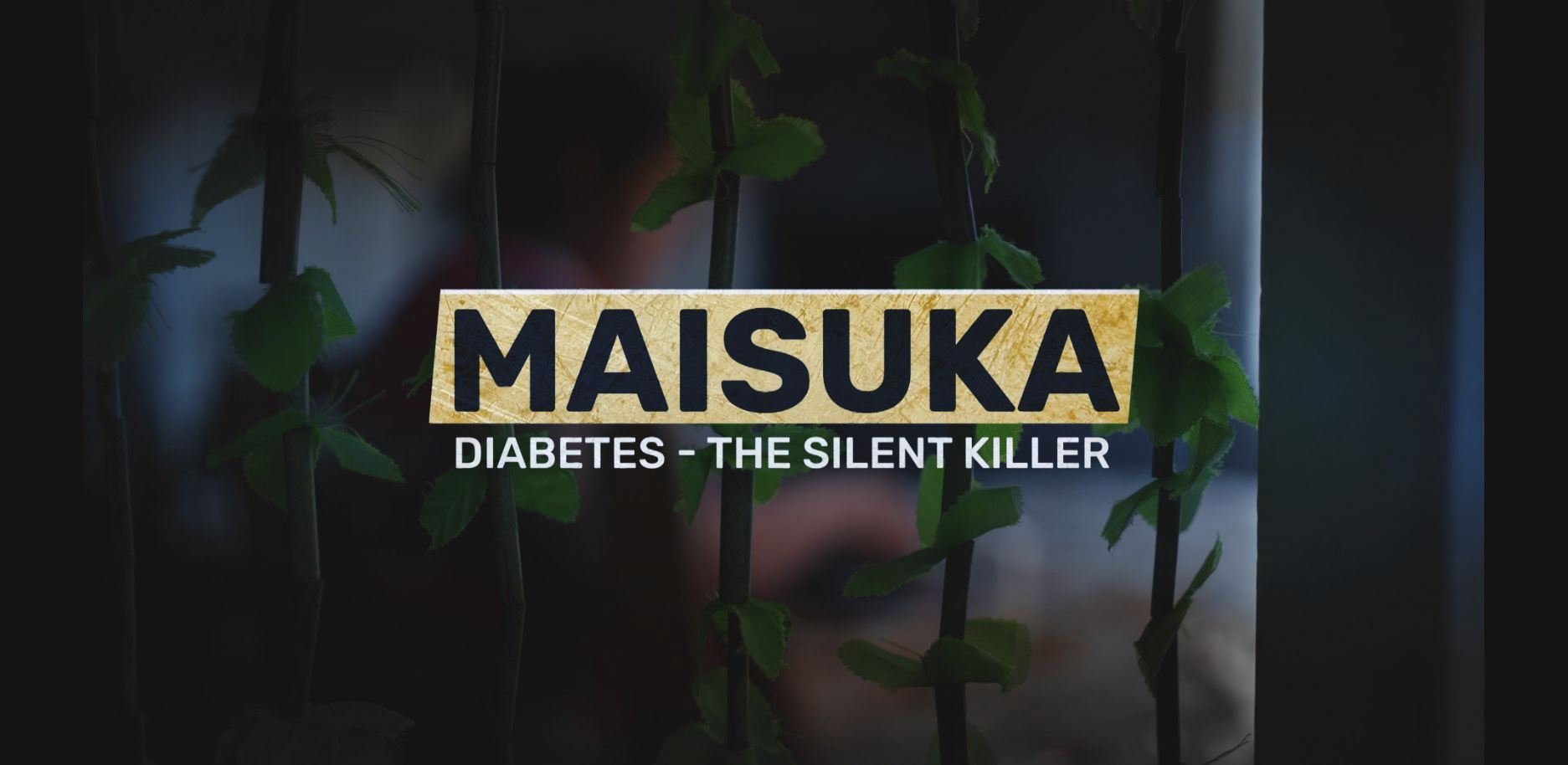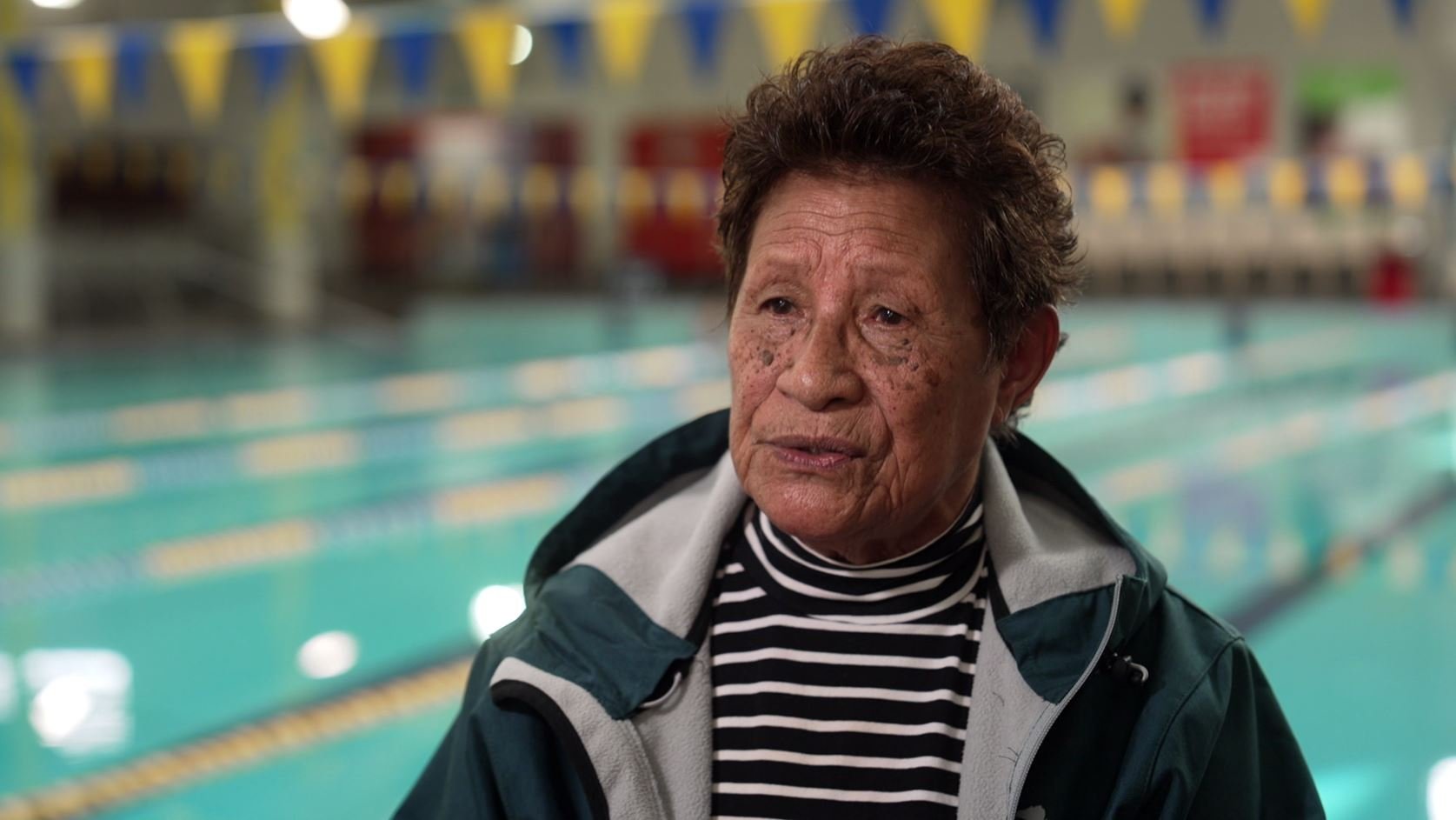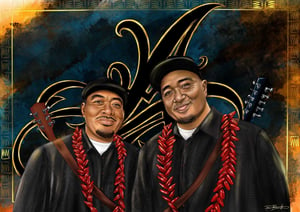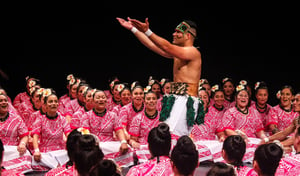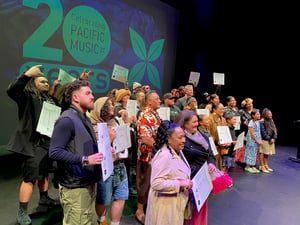Public Interest Journalism funded through NZ On Air
For the past two years siapo maker Doron Semu has been using the ancient art of siapo as a way to bring young people together in the MVPFAFF, takatāpui and queer Pasifika community to talanoa in a safe space.
“In the 80’s there was the homosexual reform bill then we had civil union. We had the passing of the marriage bill and this year we’ve had the ending Conversion Therapy bill pass. So, while we are given permission to exist, and permission to have recognised relationships or permission to not have others fight against our existence. Permission isn’t enough to feel safe,” Semu explains.
“We don’t have a lot of spaces to be able to be relaxed and be calm and to be ourselves.
And so, within these spaces that we create, they’re closed just for us, it provides us a space to be in and to be present.”
Feeling disconnected from his Sāmoan heritage and language in New Zealand, Semu initially began making siapo as a way to connect back to his roots.
In 2019, he travelled to Sāmoa and learned how to make siapo from renowned Sāmoan craftswoman and siapo maker, Faapito Lesatele.
“I showed up at her house, she had no idea who I was,” Semu laughs.
“But, she was cool. She welcomed me in, sat me down, and we started making straight away. So, over the last three years now I’ve been going back and forth between New Zealand and Sāmoa to be able to work on my practice and tools with her.”
Semu says that, while these workshops are for young peoples to come together and feel safe, he hopes it also helps them to connect with their own Pacific roots.
“I think the cool thing about these workshops is that it continues on from the traditional practice that you didn’t make tapa on your own, you made it together,” he says.
“There was a time where you would gossip together and make this functional cloth that they had such passion for and used daily within their lives.”

